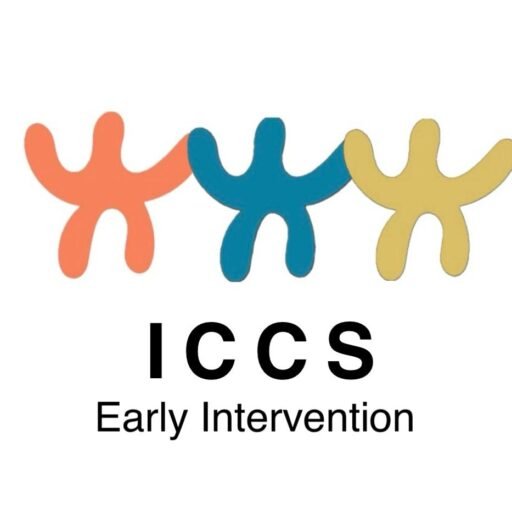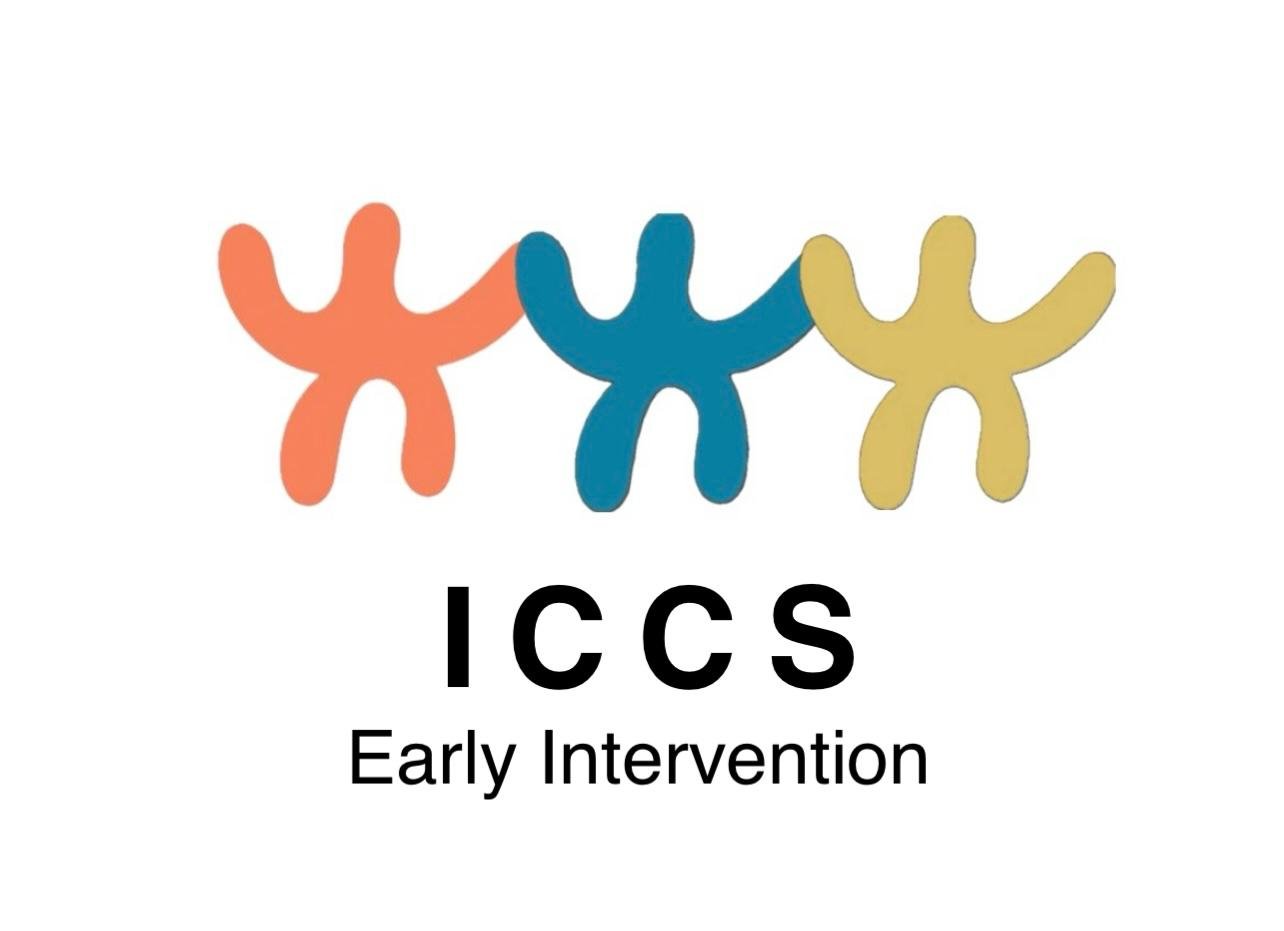Early Intervention Process
NYC: Contact us for additional information or call 311
1. Referral: A referral could be made by the parent, doctor, daycare provider or another source from the community. However, as the Early Intervention Program is a voluntary program, parents must provide consent for a child to be enrolled in Early Intervention.
2. Initial SC assignment: After a child is referred to EIP, the family will be assigned an Initial Service Coordinator, that will guide the family in the initial process until the IFSP meeting, if the child is eligible to receive therapeutic services.
3. Evaluation: The ISC will assist the family choosing an evaluation agency. EIP provides multidisciplinary evaluations to determine a child’s eligibility. In order for a child to qualify for services, the child must present a 25% of delay in two areas of development or 33% delay in one area of development.
Areas of Development:
Communication (Receptive and Expressive)
Physical (Fine and Gross motor Skills)
Cognitive
Social Emotional
Adaptive
4. IFSP: The IFSP (Individualized Family Service Plan) is an unique plan created for each child, who is found eligible for therapeutic services. The family is required to attend a meeting after eligibility is determined, where an official of the city department of health approves all recommended services. All decisions made at this meeting are determined considering the parent’s concerns, child’s need, family availability and evaluation team recommendations. It is important to remember that parents always have the final say in the child’s plan. The parent’s input and decisions are invaluable in guiding their future.
5. Ongoing SC assignment: An ongoing Service Coordinator is assigned at the IFSP meeting. The ISC can also serve as an OSC. The OSC will continue supporting the family by ensuring all established services at IFSP are delivered accurately and will provide additional necessary support that impacts children’s development and family’s needs. Additionally, OSC will provide transitional support for children aging out of EI.
6. CPSE transition and additional transitional resources: Transition is an important process in Early Intervention. Transition to CPSE means that an educational plan can be designed after EI services come to an end. For children receiving therapeutic services under the Early Intervention program, a complete transition process to CPSE could also determine extension of Early Intervention Services.
7. Closure: Closure could occur at any time during the process as the parent always has the right to close a case at any time. However, most closures occur due to a child being found not eligible for services or when the child ages out, the day before turning 3 years old. It is important for parents to sign a closure in order to ensure official closing of the case in the system.

